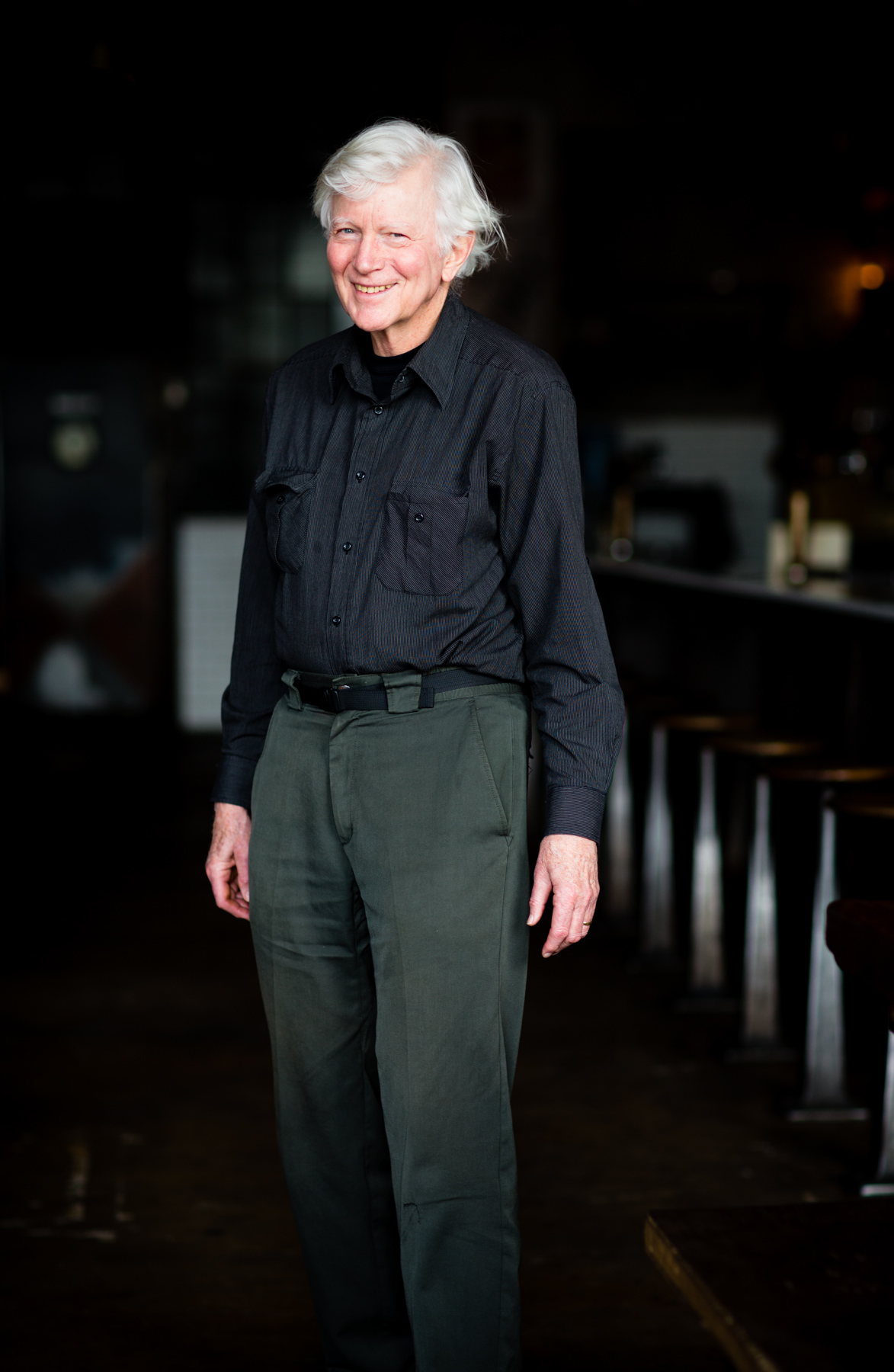
For more than three decades, Peter Gray had carved out a respectable name for himself in the academic community. He had written an introductory psychology textbook that is now in its eighth edition, published many academic articles and served as the director for the Boston College psychology department.
Then, at 58, he decided to quit.
“And, in a sense, that’s when my career took off,” he says.
Almost two decades later, Gray is one of the primary voices and champions of a growing movement of parents rethinking the way children are schooled. “Unschoolers” as they call themselves, believe that the top-down, programmatic nature of schooling in America is harming children and inhibiting their natural curiosity and growth.
Gray’s book, Free to Learn, is their gospel. Exploring the idea of the places a child’s curiosity can take them, his book is a treatise on the importance of play and the detrimental effects on children when that play is too regimented or inhibited. It’s also deeply personal.
So we wanted to kick off this week’s profile by getting a bit nostalgic (a feeling we normally don’t subscribe to), and talking to Gray about the value of play in his life growing up in the 1950s, as well as what he’s learned about play and work across generations.

Let’s start with his childhood, which was spent moving from small town to small town in Minnesota and Wisconsin.
“My way of adapting, and making friends, to each little town we moved to, was to figure out what the kids do, get pretty good at it, and be able to join and have friends,” he says. “In retrospect, it somewhat informs my theory of childhood because what I experienced as a child was what throughout human history most children experience, which is you grow up in a culture of childhood. And what you learn, the attitude you develop, the skills you develop, depend on the children you’re playing with.”
“The kids…were so respectful and caring of one another”
He finished up high school in Vermont and when it came time to pick a university, he opted for Columbia in New York. A country and small town boy most of his life, he wanted to understand what it was like to live in a big city. To supplement his scholarship money, he worked as a counselor for kids: coaching basketball, taking them on field trips, etc.
“I’d take the kids to Central Park because they wanted to go there,” he says. “There were no parental signatures, no legal waivers. The kids had such fun there, and they were so respectful and caring of one another.”
He had been majoring in psychology but drifted into biology and neuroscience in grad school at Rockefeller University as well. When a research job came up at Boston College after he graduated, he took it, enthusiastically diving into teaching Psychology 101. He wrote a textbook after being dissatisfied with the ones that were available.
But another life event was happening as well. His 10-year-old son was struggling mightily at school, rebelling against the teaching methods and the structure. “He convinced us he wasn’t going to go to school, and convinced the school they didn’t want him,” he says, with a chuckle.
Self-Directed Education: “A brightness returned to his eyes”
Desperate, he found the Sudbury School, a radical experiment in education that had already been around for more than a decade. Predicated on the notion that children are smart enough to be responsible for their own education, there is no syllabus, lesson plan or standardized form of instruction. His son took to it immediately. “A brightness returned to his eyes,” he said.
Fascinated, he undertook a study of former graduates a few years later, and found them all very successful. But when he tried submitting the study to the Harvard Review of Education it was rejected. The American Journal of Education eventually published it, but the article “had almost no readership,” he says.
“I couldn’t get grants in that field to do more ambitious studies … Nobody took it seriously,” he says. “Everybody thought, ‘Oh this is just a little school, they probably are just special kids of some sort. This can’t have anything to do with the real world’ was the attitude.”
He shelved the project and continued on in his life of academia. Then tragedy struck when his first wife died after a long battle with diabetes. Gray spent the next couple of years thinking about what was coming next.
“Her death also played a role in that it kind of let me think that life doesn’t go on forever,” he says, “and I’d better be sure I’m doing what I want to do.”
Freedom to Learn
So he resigned from Boston College and began writing a blog for Psychology Today magazine called Freedom to Learn. The blog was a success, and the writing of it came easy. The tech part Gray eventually taught himself.
“At first, I would rely on my son, and after that, I got tired of the lectures he would give me,” he says. “He’d always give me lectures on how I’m using the wrong equipment. After listening to that I thought, ‘Okay let me figure this out.’ Now I can solve all my computer problems.”
Gray’s spent the five years since Free to Learn came out speaking at conferences hosted by unschoolers and serving as a resource of sorts to other countries interested in the methodology. (For example, Japan, a country that has, in a sense, segregated its population into age classes for generations, found the Sudbury School’s approach of mixing ages fascinating.)
Gray himself sees the benefits of the school’s approach for any generation, really. “I certainly wouldn’t want to be working with just 74-year-olds,” he says. “I founded the Alliance for Self-Directed Education and, when we started off, we were a bunch of old men, but we began to bring in women and we now have people in their 30s. And there’s no question they’re bringing skills, an energy, a perspective to it that’s different to what I would’ve had. There’s no question there’s a value.”
The ideas expressed here are solely the opinions of the author and are not researched or verified by AGEIST LLC, or anyone associated with AGEIST LLC. This material should not be construed as medical advice or recommendation, it is for informational use only. We encourage all readers to discuss with your qualified practitioners the relevance of the application of any of these ideas to your life. The recommendations contained herein are not intended to diagnose, treat, cure or prevent any disease. You should always consult your physician or other qualified health provider before starting any new treatment or stopping any treatment that has been prescribed for you by your physician or other qualified health provider. Please call your doctor or 911 immediately if you think you may have a medical or psychiatric emergency.


